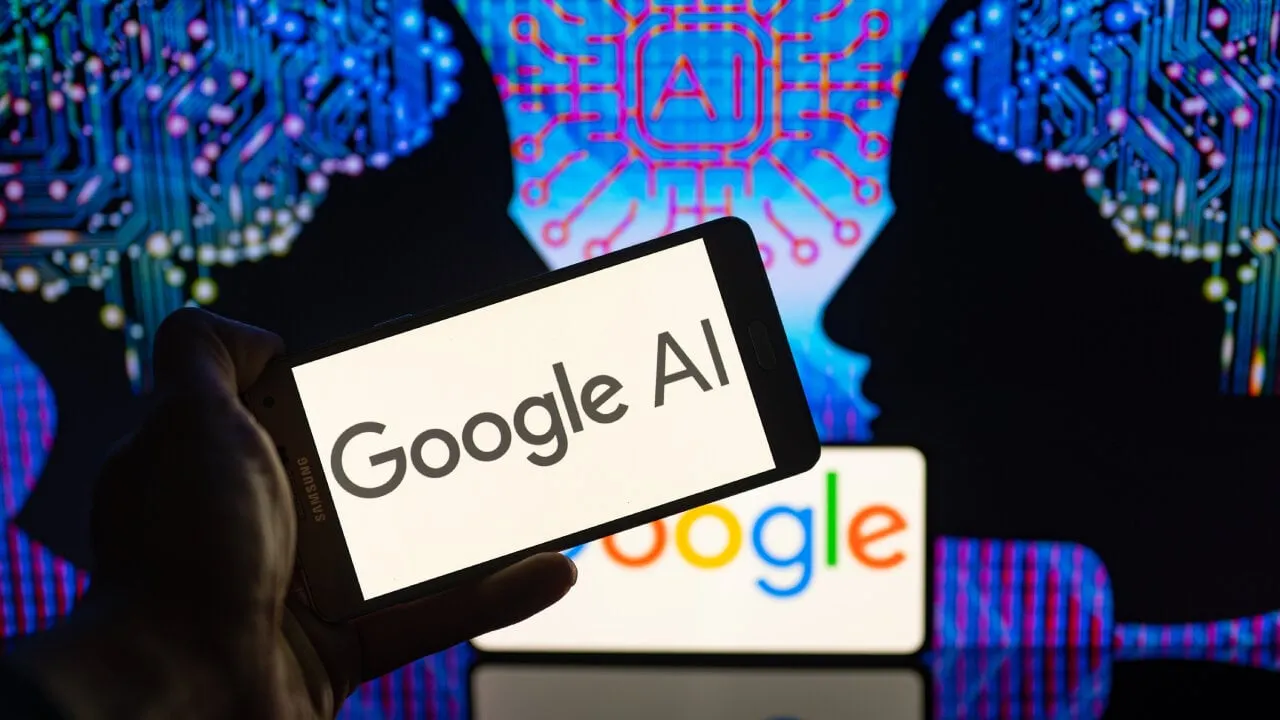Google has joined OpenAI in urging President Donald Trump’s administration to ease restrictions on AI training, particularly around the use of copyrighted materials.
Both tech giants submitted policy proposals on Thursday, advocating for a more flexible approach to artificial intelligence regulations as the U.S. government prepares its "AI Action Plan" by mid-2025.
The proposals submitted by Google and OpenAI are in response to President Trump’s new focus on artificial intelligence regulation, following his revocation of the previous administration's AI executive order in January 2025.
OpenAI and Google argue that loosening intellectual property barriers is essential to fostering innovation and maintaining U.S. leadership in AI development.
“Fair use and text-and-data mining exceptions” are critical for continued AI research, Google said, noting how strict copyright policies could hinder progress in artificial intelligence fields, including healthcare, scientific discovery, and economic development.
In its proposal, Google welcomed the Trump administration’s focus on artificial intelligence, saying the goal of developing a plan to “sustain and enhance America’s global AI dominance” is crucial for U.S. leadership.
In January, Trump unveiled a $500 billion Stargate Project, aimed at strengthening U.S. AI infrastructure, which includes OpenAI among major contributors, alongside other tech giants like Microsoft and Oracle.
The call for relaxed copyright laws comes as both Google and OpenAI face numerous lawsuits over the use of copyrighted material in training their artificial intelligence models.
OpenAI, for example, is currently embroiled in several high-profile lawsuits filed by authors and publishers accusing the company of using their copyrighted works without permission.
Authors like Sarah Silverman and George R. R. Martin, along with other well-known figures, have joined forces to challenge OpenAI’s use of their writings in training models like ChatGPT.
Similarly, Google has faced accusations of using copyrighted content to train its AI models, including its AI-powered tools like YouTube's music recommendation system, which was shelved due to copyright concerns.
Apart from copyright issues, both companies raised concerns about the fragmented state-level regulations that currently govern AI in the U.S.
With more than 780 AI-related bills being considered at the state level, Google warned that the lack of a unified federal approach could create compliance chaos and stifle innovation.
Google has called for a cohesive federal policy that sets a clear framework for artificial intelligence development, so that companies can operate across state lines without facing conflicting regulations.
“While America currently leads the world in AI—and is home to the most capable and widely adopted artificial intelligence models and tools—our lead is not assured,” Google warned, quoting Vice President Vance’s remarks at the Artificial Intelligence Action Summit in Paris, France.
Trump’s new executive order prioritizes maintaining U.S. global dominance in artificial intelligence and mandates that a comprehensive “AI Action Plan” be presented to the president within 180 days.
Edited by Stacy Elliott.

